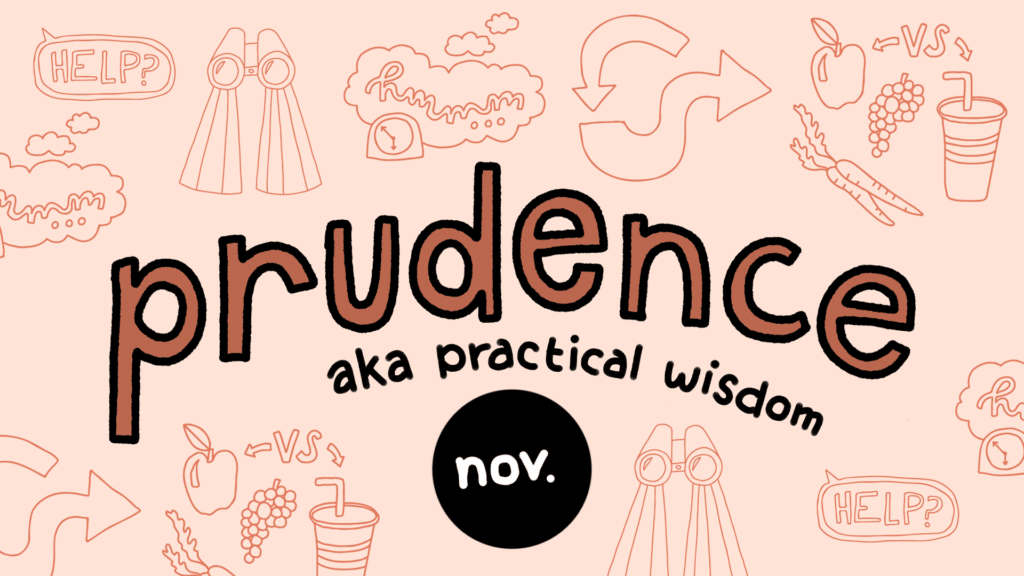
{source}
To accompany National Poetry month, and as part of our recurring series of articles on Classical Education, today we want to discuss poetry and why we consider it worthy of studying at SLO Classical Academy. Our Associate Director Troy Wathen offers us these thoughts on the subject of Poetry:
There is something about creative endeavors that we often find them being cut first from the curriculum when budgets get tight. Rarely will you find a school district completely cutting out their math or science programs. Yet, creativity is one of the hallmarks of what we call the American mindset. One favorite TED talk of some of us here at SLOCA is by Sir Ken Robinson, in which he makes the case that modern schools are killing creativity. I encourage you to take the twenty minutes to watch this very enlightening talk.
One of the ways we cultivate creativity at SLOCA is in the teaching, memorization, recitation, and writing of poetry. Some of you primary and intermediate parents may love the fact that your child can memorize great poems to recite for friends and family. I agree that this is a fun way to help naysaying family members to see the good that comes from classical education. However, the purpose of this early memorization goes far beyond our carnal “I told you so,” impulse. The memorization, recitation, and, ultimately, writing of poetry makes for graduates who are articulate, creative, and winsome in their delivery of the written and spoken word.
Let’s highlight just three benefits of making poetry an integral part of an excellent education. First, the memorization of good poetry provides the student with rich language in order to communicate ideas with fewer and more enlightened words. When poems that make up our common heritage are used to convey ideas, a simple allusion can speak volumes. For example, you might quote Shakespeare with, “All the world’s a stage.” If there is common knowledge of the poem, the comment could have multiple depths of meaning, from “we all wear masks” to “each stage of life comes with its own part for us to play.”
A second benefit of poetry is that it trains the mind to think “in meter.” Listen to truly great orators—John F. Kennedy, Winston Churchill, or Martin Luther King, Jr. The cadence in their voices, the pregnant pauses for effect, the use of volume to emphasize important points is glaringly evident. Orators that learn this tempo outside of the organic training they receive from poetry, tend to sound canned and calculating, but those who learn at the feet of the great poets naturally begin to use these skills as part of who they are.
Lastly, poetry is beautiful. I tend to leave the most esoteric reasons for the end of my blog because I think most people need to be convinced more that beauty is necessary for life. Speaking and writing masterfully can help to pay the bills. Sitting and reading poetry for pleasure only pays the bills for a very few in our society. Paying the bills is important so I would be a fool to not address the utility of poetry, but for a life well-lived, poetry is essential. The reading, writing, and recitation of poetry breathes life into sterile words. Poems articulate some of our deepest emotions in ways other forms of literature fail. While I appreciate lawyers who have drawn up contracts or written letters on behalf of me, I would never ask them to express my love to my wife. The use of beautiful poetry takes my thoughts beyond the bounds of prose. The same truth of my love can be transformed into words that sail with emotion and beauty rather than express what, to me, is a brute fact. “Shall I compare thee to a summer’s day? Thou art more lovely and more temperate.”

{source}
Thank you Troy, for sharing these insights and illuminating the benefits of of making poetry a part of our lives!
How have you or your children responded to studying, memorizing, or writing poetry? If you have a thought to share, please leave a comment!











